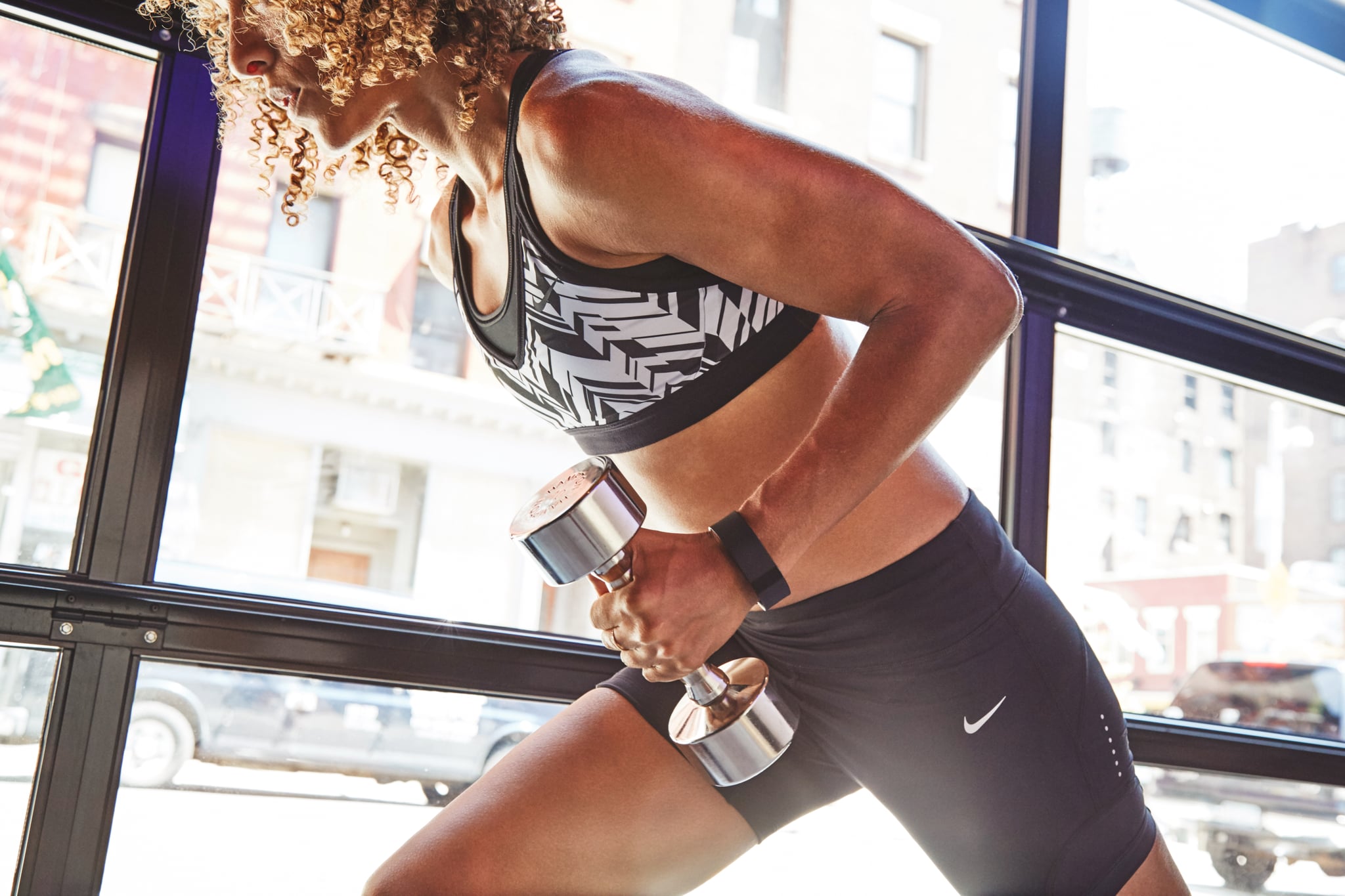Muscle Burns More Calories Than Fat
Does Having More Muscle Mass Mean You're Burning More Calories? An Expert Answers

It's a fact touted by bodybuilders and fitness enthusiasts alike: muscle burns more calories than fat does. Therefore, if you build up your muscle mass, you increase your metabolism and will burn more calories, even when your body is at rest.
But is this old adage true? We talked to Damien M. Callahan, PhD, Assistant Professor in the Department of Human Physiology at the University of Oregon, who broke it down for us. Short answer: yes. Long answer: it's complicated.
"Muscles burn more calories at rest than fat does," Dr. Callahan said — about three times as much. But even though muscle burns more calories than fat, they are both on the low-end of the resting tissue perspective, he explained; your liver, kidneys, and heart tissue are always burning more calories because they are constantly working to keep your body going.
"The difference between muscle and fat tissue is simply a question of tissue maintenance," he said. Muscles have more dynamic tissue, which requires turnover of proteins that are digested and new proteins that are synthesized to maintain your muscle tissue. Fat, on the other hand, doesn't demand much calorically from your body because it is stored at rest.
But even though adding more muscle mass means your body is burning more calories at rest than fat, it doesn't have a huge impact on your metabolism: muscle burns approximately 13 kcals (kilogram calorie, or how we think of calories in food), per day per kilogram of muscle tissue compared to fat's approximate 4.5 kcals per day per kilogram of fat tissue. Your brain, on the other hand, uses about 200 calories per kilogram a day.
"It's really, really hard to add a kilogram [about 2.2 pounds] of muscle," Dr. Callahan explained. "Once you've done that, then you're adding 13 kcals per day of your overall energy expenditure, which is half of a bite of one cookie, if you're eating really low-calorie cookies."
So while adding muscle to your body is a good thing, and will boost your metabolism, it doesn't have as much of an impact on your body's calorie-burning capabilities as many people think. That doesn't mean you shouldn't still strength train; building muscle can help increase your strength, reduce your risk of injury, and, of course, give you sexy muscle definition.







